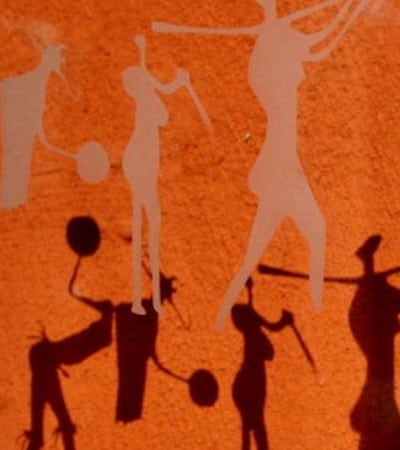Venda traditions among the people of the Limpopo province differ from other ethnic groups. While revering ancestors, Venda beliefs include a white python and water sprites that need to be nurtured. Occupying a special place in their culture are artists, who are believed to have direct links to the spirit realm.
Venda traditions go back to the great walled settlements found in the Limpopo province and Zimbabwe. The Venda people were one of the last African groups to migrate south of the Limpopo River. When they moved to present day South Africa, they found a bountiful area, which they named Venda (pleasant place) and settled there. Their local history began in the valleys and mountains of Limpopo, where their forebears established a great civilisation centred around Mapungubwe.
Though ruled by kings, the position of women in Venda culture is unusual in Africa in that they are encouraged to occupy senior positions in society. Children and the elderly in the tribe have their own role to play. This is linked to Venda beliefs in ancestors, who are involved in their daily lives. Having just joined the earthly plane, children are still close to the ancestors. The elderly are also close to the ancestors because they will soon join the spiritual realm in death. The king in Venda traditions is seen as a living ancestor, which guarantees him devotion and respect. He even has his own language, further suggesting his divinity.
There are many sacred sites in Limpopo where the Venda go to communicate with their ancestors. Lake Fundudzi, high in the Soutspansberg Mountains, is one of the most esteemed as it is believed this is where the White Python − the god of fertility − and other mystical water sprites (zwidutwane) live. There are a number of rituals and traditions involved in the interaction between the Venda people and the spirits of Lake Fundudzi.
What really sets the Venda apart from other groups in South Africa is the role of art in the community. Artists are called by the spirit world through unusual dreams and visions to fulfill their destinies, giving their work a supernatural energy, which places them on the same social plane as a traditional healer.



